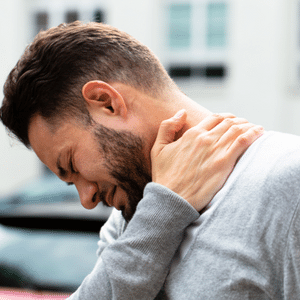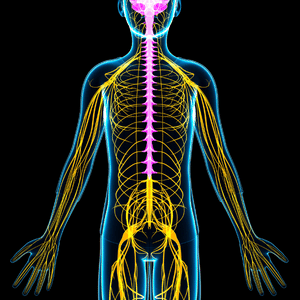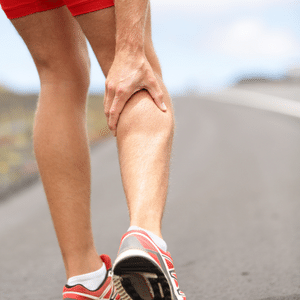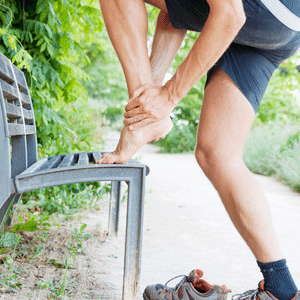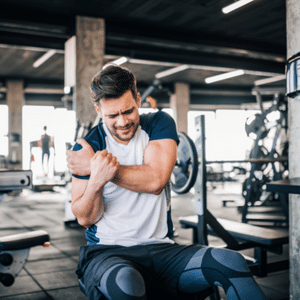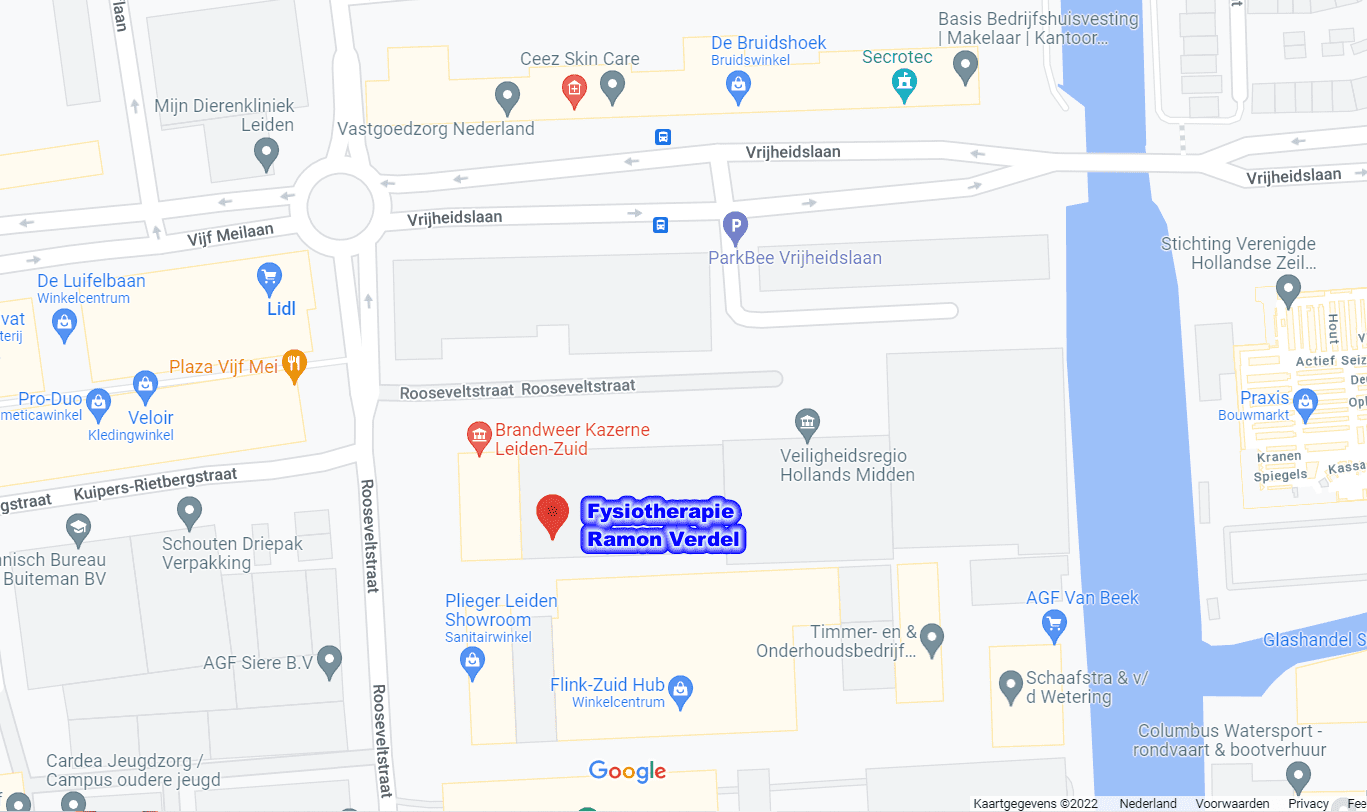STRESS
Stress-related complaints are becoming increasingly common. The workload and work hours are often extremely high, in addition, you still have a social life to maintain. That often means sleeping less, eating bad and exercising less. If you end up in this vicious circle, it can cause a lot of problems.
In order to solve these complaints effectively, it is important to know what stress actually is.
Stress is a ‘bad’ thing for many people, while stress is actually essential for human development.
Examples of stress or tension related complaints are:
- Constant stiffness in neck and shoulders
- Tingling sensation in the fingers and hands
- Feeling of always being in a hurry
- Feeling exhausted
- Complaints of burn-out
- Recurring lower back complaints
- Problems to the stomach and intestine
- Problems sleeping
- Decreased energy / libido
- Binge eating
WHAT IS STRESS?
Stress is anything that disrupts the homeostasis (internal balance in the human body) and stimulates the sympathetic nervous system. These stressors can be of both a physical (e.g. training) and a mental (e.g. work stress) nature.
Exposure to regulated amounts of stress causes adaptation and is therefore essential for human growth.
As long as you can manage these stressors and there is a balance. When this balance is disturbed however, then stress can be detrimental to performance and can lead to injury, (chronic) pain and burnout-like complaints.
You can have the best guidance in the world, but if your body isn’t able to recover from the stressor, what you’re doing will not make you better.
A better understanding of stress and relaxation will allow you to feel your body better and recognize problems at an earlier stage.
AUTONOMIC NERVOUS SYSTEM
Stress has everything to do with your nervous system, and especially with the autonomic nervous system. The autonomic nervous system is responsible for your ‘automatic’ processes such as digestion, breathing, organ function, etc.
You can divide the autonomic nervous system into the sympathetic part and a para-sympathetic part. The sympathetic part, also called the Freeze, Fight or Flight part, is responsible for everything that requires energy such as movement.
The parasympathetic part, also called the Rest & Digest part, is responsible for everything that creates energy so that you can recover.
Restoring the balance between stress and relaxation, sympathetic and parasympathetic activity, is the foundation of health and is at the basis of our treatment program.
SYMPATHETIC DOMINANCE
In our daily lives we are constantly (over) stimulated. This often results in a constant sympathetic dominance. A constant sympathetic dominance affects a person’s physical, mental, and endocrine state and will make you susceptible to injury, pain, or burnout. A couple of symptoms of sympathetic dominance are:
- high muscle tone, especially in the neck/shoulders and hips
- grinding your teeth
- high blood pressure (>125/85)
- higher resting heart rate
- prolonged bloating
- digestive problems
- difficulty losing weight
- prolonged fatigue and lethargy
- Disturbed breathing rhythm
If there is mental stress or burnout, in most cases there is sympathetic dominance.
HOW CAN YOU BEST DEAL WITH THIS?
Complaints to the neck can be divided into acute neck complaints and chronic neck complaints.
In order to recover and heal optimally from the stressor and/or injury, the body must be in a parasympathetic state of relaxation. The more stressors you have, the more you have to work on relaxation to create a balance.
Relaxation does not mean doing nothing.
You can do the following things to better relax and recover:
- Sleep. Sleep. Sleep. That’s how important it is. Aim for 7-9 hours
- Strength training. Regulated intensity strength training ensures stronger muscles and a balanced hormone balance
- Cardio. Walking, running, cycling, rowing. You name it. A few times a week. Start with a low intensity.
- Breathing exercises. Breathing exercises are one of the fastest tools to bring you directly to a more relaxed state.
- Use positive words. Your thoughts and the words that you use have a major influence on how you experience a certain situation and therefore how you deal with stress.
Learning how to deal better with stress is in many cases a large part of the solution. So it’s not about THAT there is stress, but HOW you deal with it.
WHAT OFTEN GOES WRONG
SIGNALS THAT TELL YOU THAT YOU ARE DOING THE WRONG THING:
OUR TREATMENT
When treating stress-related complaints, it is important to look beyond the place where the pain is. Your lifestyle, nutrition, exercise and mindset are all important parts of the treatment.
Our job as physical therapists is to bring the balance back into your life and give you the tools to maintain the balance yourself.
If you have any questions about your stress-related complaint, please feel free to contact one of our therapists.
Often we can already give you useful tips that immediately reduce your complaints.


